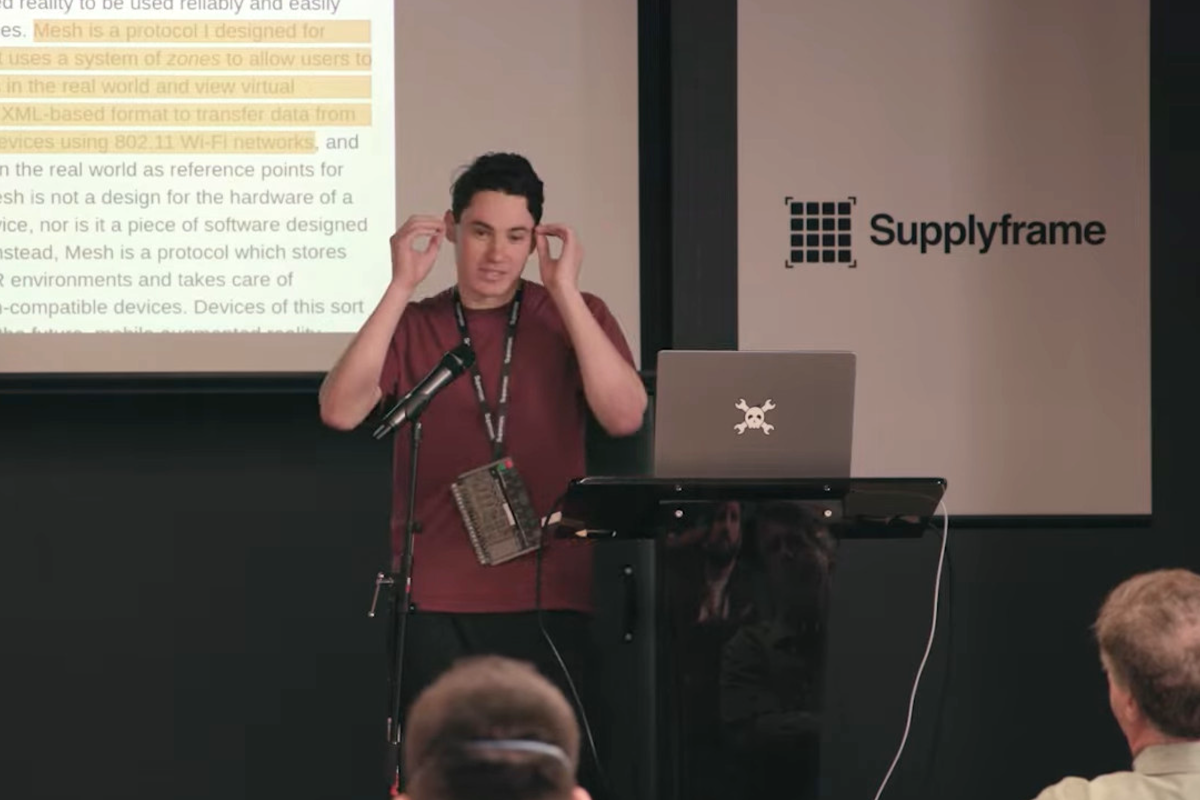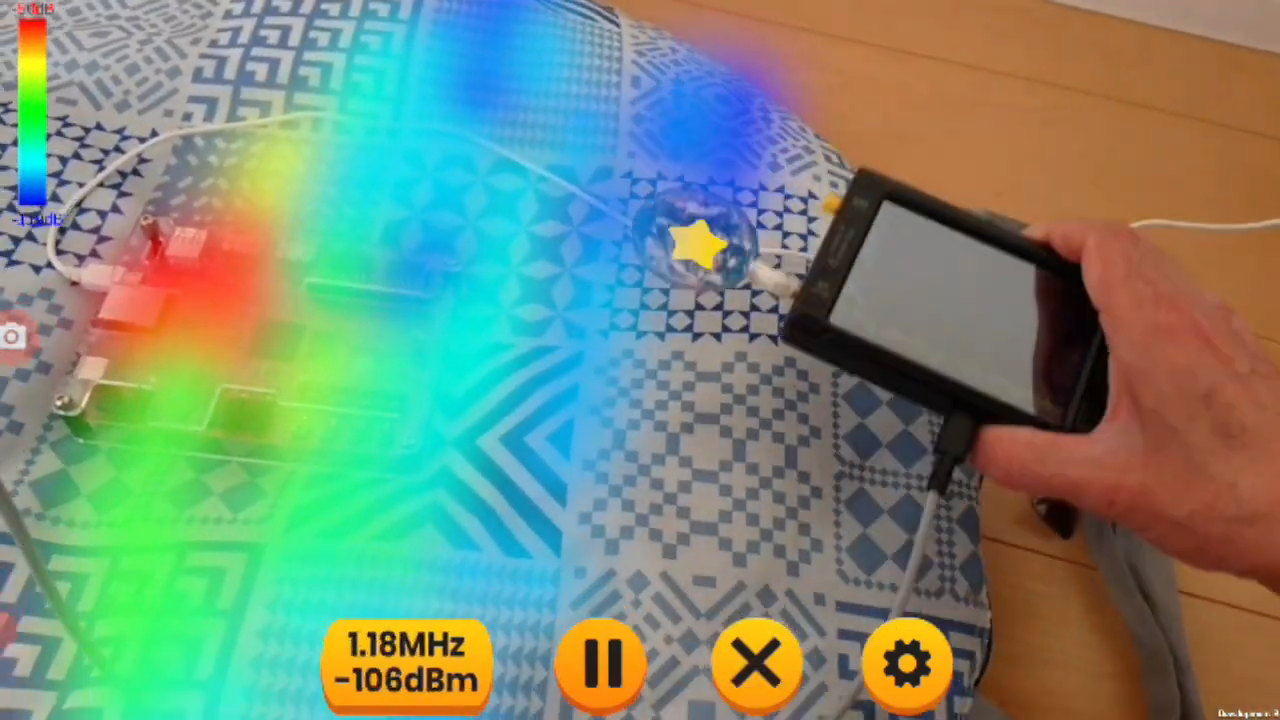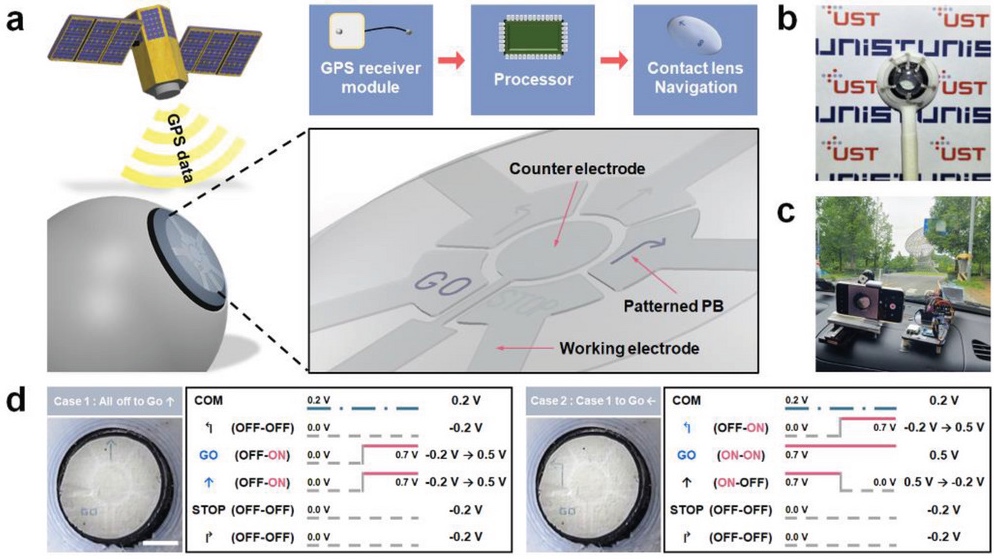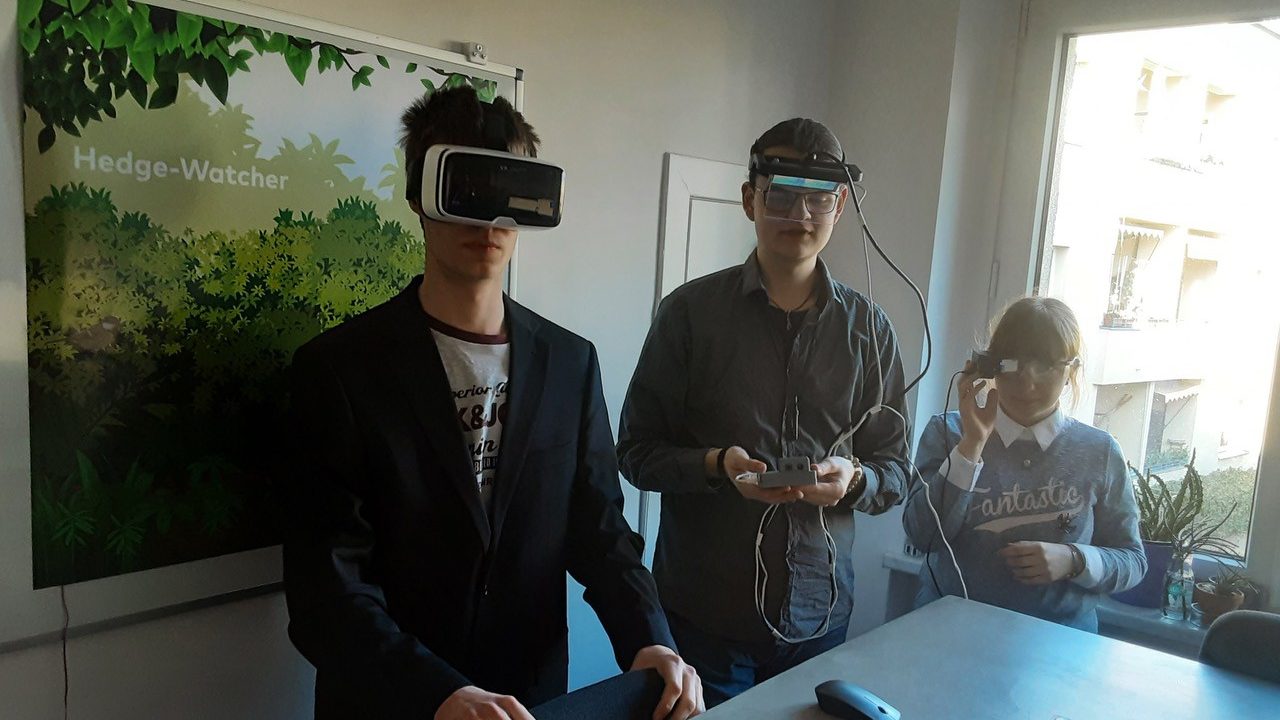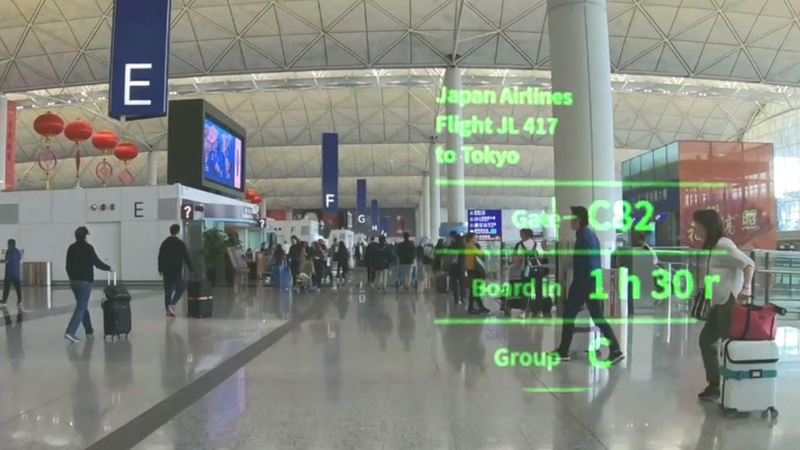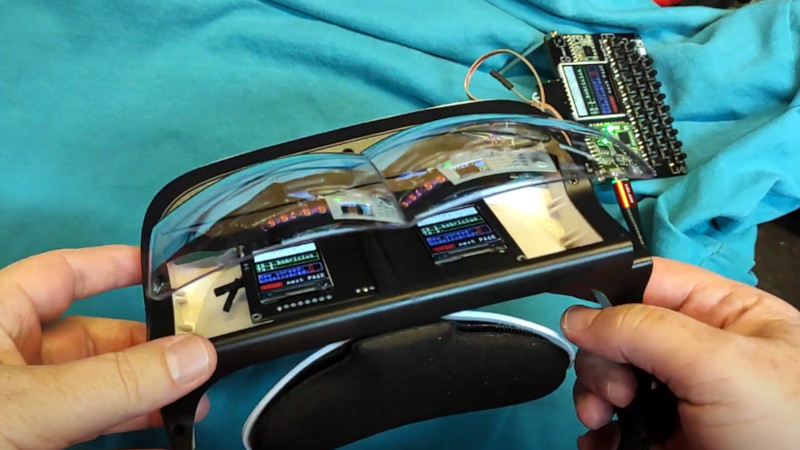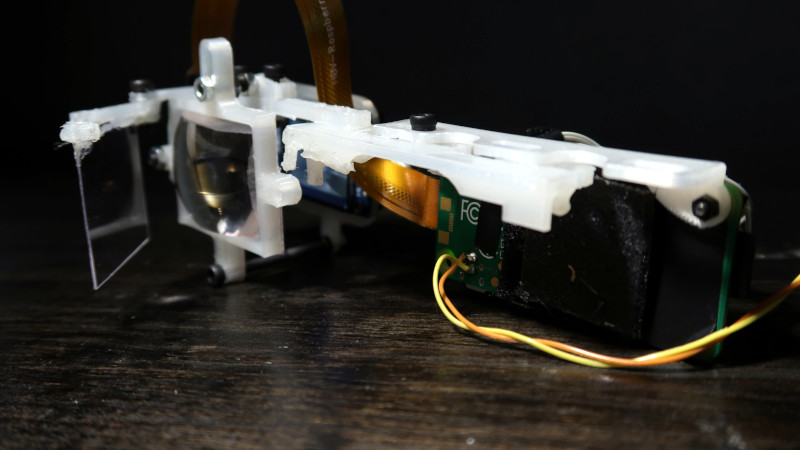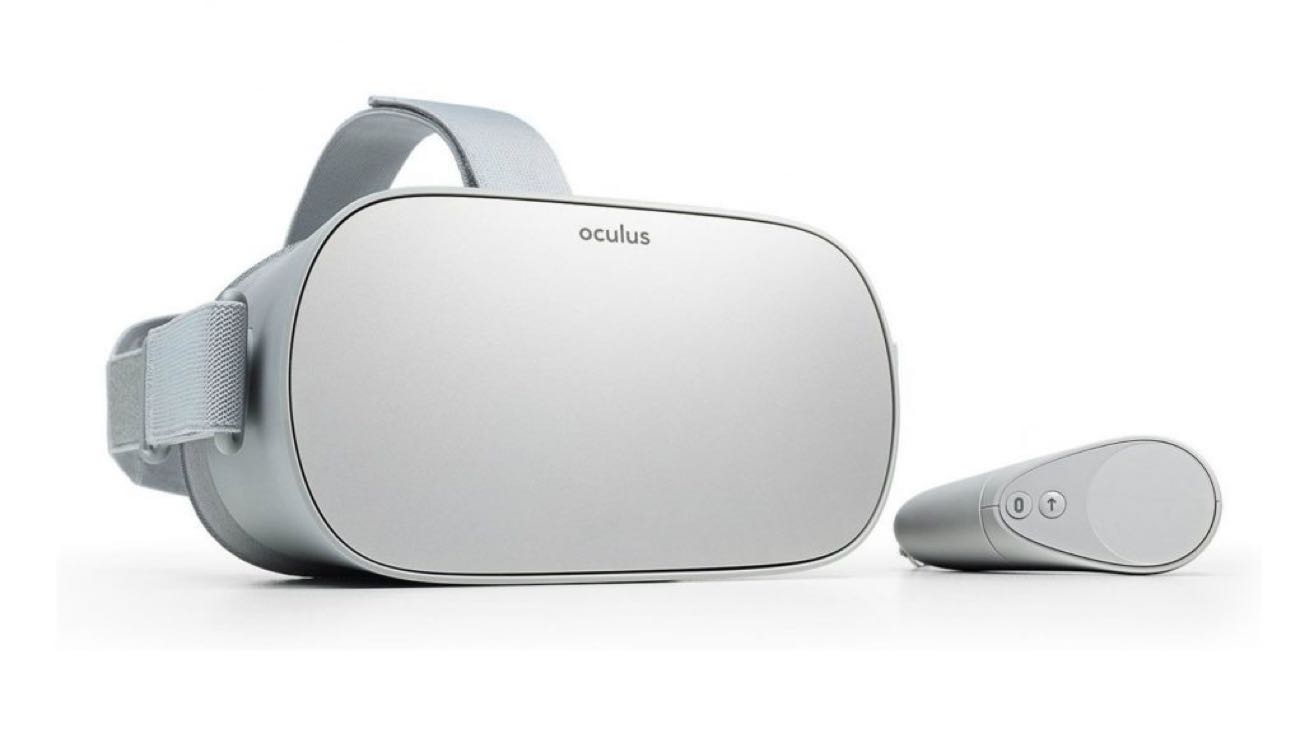#augmentedreality
Google ARCore: Everything you need to know about the Augmented Reality platform that works on most phones without special hardware

Google has tried to tap into the augmented reality world several times. Augmented reality, commonly known as AR, when used properly, can potentially be life-changing technology, but no tech company has yet managed to master it. Apple has taken the approach of using dedicated hardware, such as the LiDAR scanner included in iPads and iPhones, while other companies, like Google, are pulling everything off through software only. We’re definitely getting closer to perfect AR, however, and Google is one of the companies leading the pack, with their augmented reality SDK and technology, which is dubbed ‘ARCore’.
But what’s ARCore all about? What phones are supported? Most importantly, should you even care about ARCore at all?
Yes, I do have to say that the iPhone’s LiDAR sensor makes for pretty perfect AR imagery. Under the right conditions, Android can manage very similar performance, but generally the capturing can take a bit longer and require more patience. I used my iPhone to capture a car in 3D including the interior, but I still have to get that right on the Android phone.
Still, AR can be a lot of fun, and the linked article does give some examples of its use right at the end.
See https://www.xda-developers.com/arcore/
#Blog, #android, #AR, #AugmentedReality, #technology
neues AR-Spiel "Peridot" von Niantic: Pokémon Go trifft Tamagotchi und CryptoKitties ...
😉
#games #augmentedreality #niantic #nian1ngr42ARA
https://www.heise.de/news/Peridot-Neues-AR-Spiel-von-Niantic-erinnert-an-Tamagotchis-6677028.html
Italian Museums Are Using AI Cameras to Determine if People Like the Art
A group of Italian museums from Bologna has introduced new augmented reality cameras that are designed to determine the appeal of exhibited paintings by collecting data on how many visitors view them and for how long.
Artificial intelligence technology has found its way into more traditional art sectors, such as the augmented reality tech that saw Rembrandt's "The Night Watch" painting restored. Similarly, a recent collaboration between the National Agency for New Technologies, Energy and Sustainable Economic Development (ENEA) and Istituzione Bologna Musei has produced a system that can gather information on the number of visitors who have viewed exhibited pieces and the characteristics of their behavior, as reported by Engadget.
Titled as the ShareArt project, the system, developed and implemented in Italy, consists of a series of data acquisition devices that are equipped with a camera to collect data and send it to a central server for storage and processing. This information helps monitor visitors' interest and appreciation of works of art, and it can also be used as a health and safety process to detect -- and also notify in real-time -- correct use of face masks and distancing measures in venues.
"Through a camera positioned near the work, the system automatically detects faces looking in the direction of the work itself, acquiring data relating to the behavior of observers such as, for example, the path taken to approach, the number of people who have observed, the time and distance of observation, the gender, the age class, and the state of mind of the visitors who observe," the system was explained by the four ENEA experts Stefano Ferriani, Giuseppe Marghella, Simonetta Pagnutti and Riccardo Scipinotti participating in the project.
The new technology has only just begun to be introduced at museums under the umbrella of Istituzione Bologna Musei, although it dates back to 2016, Bloomberg reports. The first pilot of the system collected data that already highlighted certain aspects worth noting, such as the fact that most of the visitors visited alone and correctly wore masks. The project also helped find that visitors spend an average of just four to five seconds observing each work of art and only a few exhibited pieces manage to keep visitors engaged for more than fifteen seconds.
Overall, the system is set to help museums and galleries boost visitor numbers -- especially, following the loss of tourism due to the pandemic -- by reviewing and reacting to behavior data which can help optimize exhibitions to make them more appealing and it can help with the museum and gallery layout alterations, too.
More information about the project and its continuous development can be found on the ENEA website.
#culture #technology #ai #artgallery #artificialintelligence #augmentedreality #galleries #gallery #museums
The Problem with Facebook and Virtual Reality
Excellent insight here from Ben Thompson: VR is a deliberate and all-consuming activity, making Facebook's Oculus acquisition puzzling, as Facebook's strength is mindless and casual usage .
Thompson goes on to say that Mark Zuckerberg doesn't understand the strength of his own company; he desperately wants Facebook to be a platform – an immersive experience that consumes your life – rather than what it is: A thing you do for a few minutes at a time in between other, more important things.
I mean, sure, people will get sucked into social media binges for hours at a time but nobody INTENDS to do that. It's procrastination. Whenever anybody opens the Facebook app (or Instagram, or Twitter), they INTEND to do it just a minute or two.
Zuckerberg doesn't understand his own company. I suspect Sheryl Sandberg might be running the whole shebang. This could result in a crisis for Facebook pretty soon.
Thompson says Apple is poised to do better with VR and augmented reality than Facebook/Oculus is. I add Google as well; they're another company that people use interstitially, but Google, unlike Facebook, understands that about itself.
#VR #AR #Facebook #SocialMedia #virtualreality #augmentedreality #Oculus #technology

